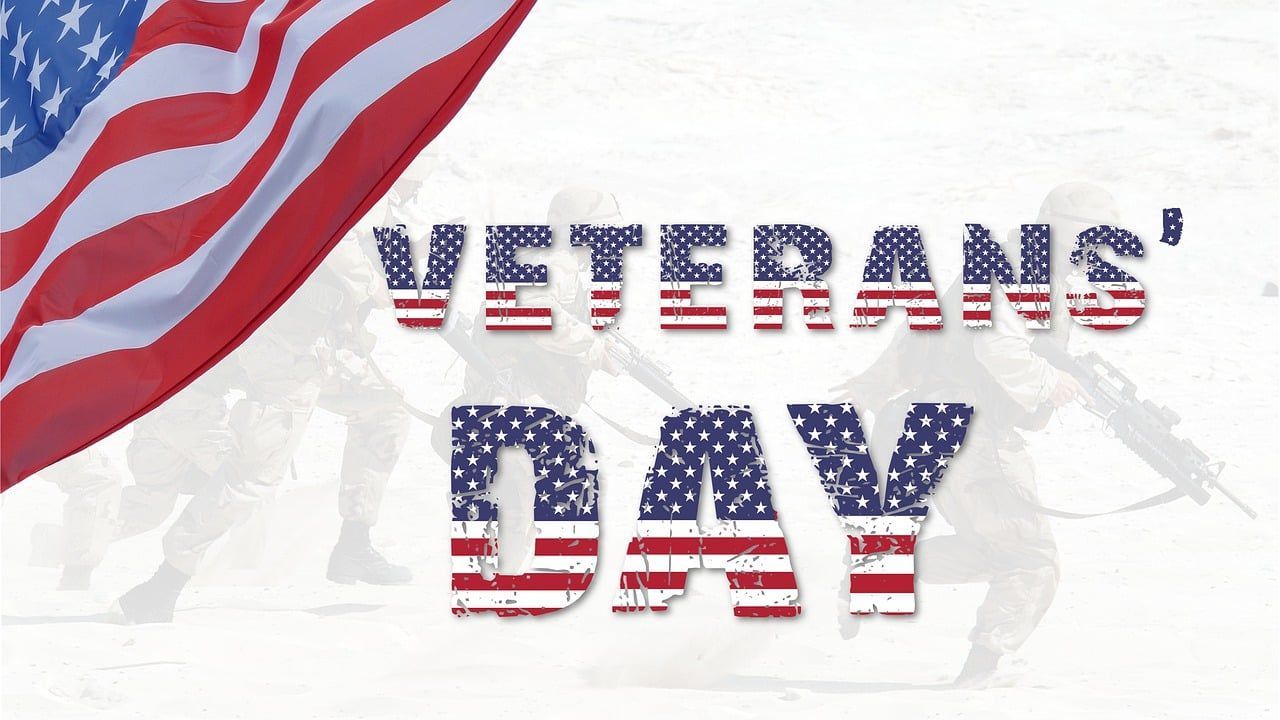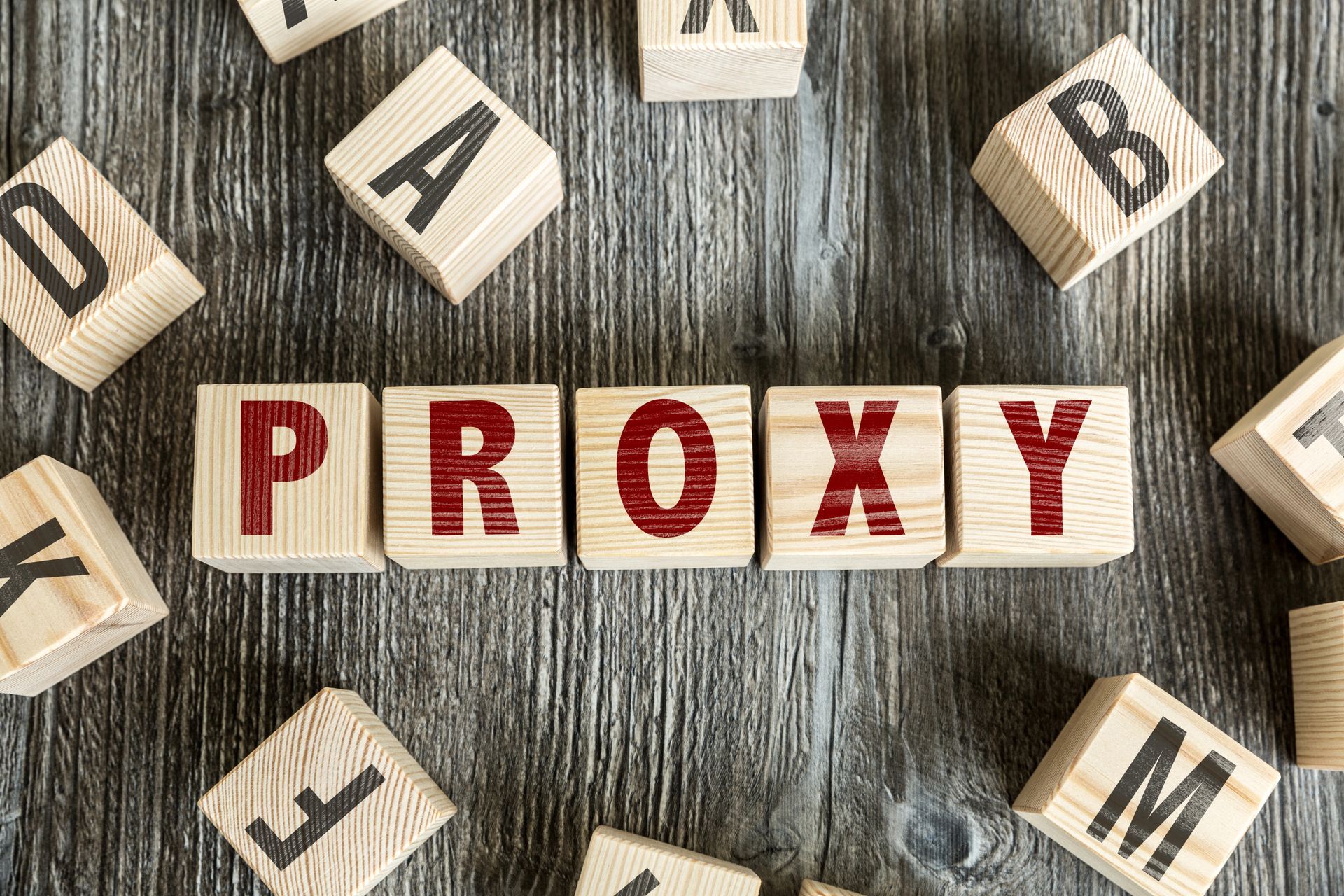Navigating Guardianship
Ensuring the Well-being of Your Loved Ones

In the complex tapestry of life, one of our most profound responsibilities often lies in caring for our loved ones, especially those who may be unable to fully care for themselves. Whether due to age, disability, or other circumstances, the need for guardianship can arise, bringing with it a myriad of considerations and challenges.
In this blog, we delve into the intricacies of navigating guardianship, ensuring the well-being of our beloved family members and beyond.
Planning for Incapacity
When we think of guardianship, our minds often gravitate towards individuals who require extensive care due to physical or mental limitations. However, it's crucial to acknowledge that protecting those we love begins before the signs of aging and disability appear. Even able-bodied loved ones may require support and guidance in certain aspects of their lives, especially when it comes to financial matters, healthcare decisions, or legal affairs.
For loved ones, establishing a plan for incapacity involves appointing a trusted individual to act as an agent through the execution of a Durable Power of Attorney. This includes the power to manage finances, accessing healthcare and financial records , or representing them in legal matters. In the event that your loved one suffers a loss of capacity and has not executed advanced directives including a power of attorney a Court Order may be required to appoint a Guardian.
The appointment of an Agent through a Power of Attorney is necessary in various situations where individuals require support or representation in specific areas of their lives. Some examples include:
1. Financial Management: Even if someone is physically capable, they may lack the ability or experience to manage their finances effectively. This could be due to factors such as financial illiteracy, impulsivity, or susceptibility to exploitation. In such cases, appointing an agent to oversee financial matters, pay bills, manage investments, and make informed financial decisions can provide essential support and protection.
2. Healthcare Decisions: While an individual may be able-bodied, they may still face challenges in navigating the complexities of healthcare, especially in times of medical crisis or incapacity A Health Care Proxy will ensure that their medical wishes are upheld and that they receive appropriate care and treatment. This could involve making decisions about medical procedures, treatment options, and end-of-life care in accordance with their preferences and values.
3. Legal Affairs: Managing legal affairs can be daunting for anyone, regardless of physical ability. Your loved ones may require assistance with legal matters such as drafting contracts, navigating legal disputes, or representing their interests in court. Guardian agent can provide guidance, advocacy, and representation to ensure that their legal rights and interests are protected.
4. Life Transitions: Major life transitions can be overwhelming for anyone. Able-bodied individuals may benefit from the support and guidance of a guardian agent during these transitions to navigate unfamiliar situations, make informed decisions, and adapt successfully to changes in their circumstances.
5. Protection from Exploitation or Abuse: Unfortunately, those who are aging may be vulnerable to exploitation, abuse, or undue influence from others. This could include financial exploitation, manipulation in personal relationships, or coercion in legal matters. The appointment of an agent can serve as a safeguard against such risks by providing oversight, advocacy, and protection against exploitation or abuse.
In each of these examples, an appointed agent for loved ones focuses on providing support, guidance, and protection in specific areas where individuals may require assistance or representation. By addressing these needs proactively, agents can promote the well-being, autonomy, and dignity of their wards, ensuring that they can navigate life's challenges with confidence and security.
Incapacity without a Power of Attorney
For individuals with a loss of capacity, whether sudden or over time, the need for guardianship is immediately evident. These loved ones will require ongoing support and advocacy to ensure their well-being and quality of life. Establishing guardianship for such individuals involves navigating legal processes that vary depending on jurisdiction and the specific needs of the person in question.
In cases where a loved one lacks the capacity to make decisions independently, guardianship involves obtaining a court order appointing someone to have the authority to make decisions on the behalf of the incapacitated person This can be narrowly tailored to handle specific issues or broadly to allow for a guardian to handle all aspects of someone’s needs. While it is essential for guardians to act in the best interests of their wards, promoting autonomy and self-determination whenever possible while providing necessary support and protection a Guardian is selected by the Court and may not be the person you want to appoint.
It is also important to understand that while a Power of Attorney can be drafted and executed for a small flat fee a Guardianship proceeding can cost tens of thousands of dollars in legal fees as the court will appoint counsel for the incapacitated person in addition to a Court Evaluator.
To learn more about navigating guardianship for folks with disabilities and to learn the importance of a Power of Attorney in these cases, read our blog here.
Estate Distribution Without Prior Arrangements
When someone passes away without making arrangements for the distribution of their assets, their estate enters a process known as intestate succession. In such cases, the distribution of assets is determined by the laws of the state or country where the individual resided at the time of their death. Typically, assets are distributed to surviving spouses, children, parents, or other close relatives according to predefined rules of inheritance.
However, intestate succession can lead to complex legal proceedings, especially in cases where there are disputes or ambiguities regarding rightful heirs. To avoid uncertainty and ensure that assets are distributed according to their wishes, individuals should create a comprehensive estate plan that includes a will, trusts, and other legal instruments.
By clearly outlining their intentions regarding asset distribution, individuals can provide peace of mind for themselves and their loved ones, minimizing the potential for conflict and confusion.
To learn more about how to choose an executor for your estate and to minimize confusion and chaos during estate distribution, check out our blog
here.
In conclusion, navigating incapacity is a multifaceted journey that requires careful consideration, empathy, and legal expertise. Whether caring for able-bodied loved ones, individuals with disabilities, or non-traditional family members, the overarching goal remains the same: to ensure the well-being and dignity of those we hold dear. By proactively addressing guardianship and estate planning, we can uphold our responsibilities as caregivers and advocates, fostering a legacy of compassion and support for generations to come.


Free Consultation
Sound legal advice is based on years of training, hard work, and passion, as well as familiarity with legislation and precedent and sound consideration. You’ll find all that and more at
Thomas J. Manzi PC.
We will get back to you as soon as possible
Please try again later
About Us
Contact info
Suite 6300
Central Islip, NY 11722









